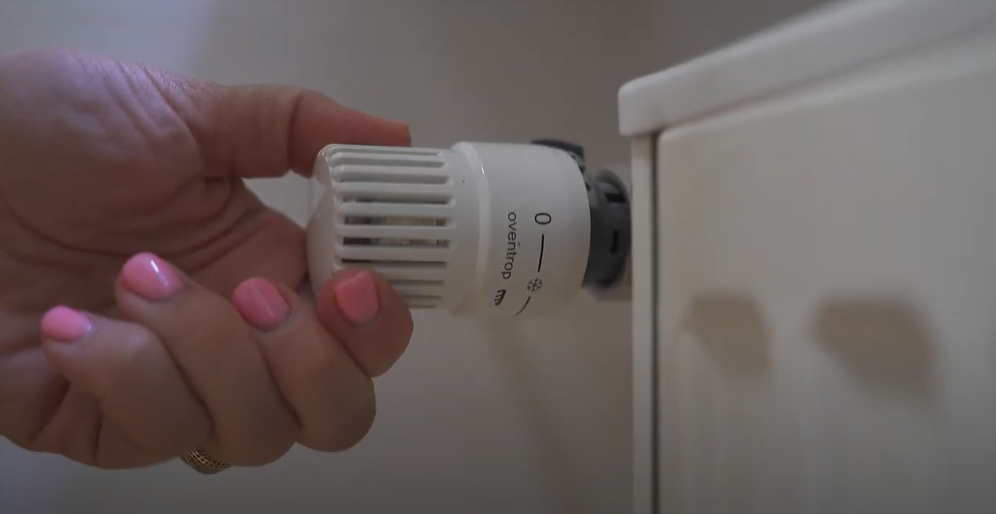The Deputy State Secretary of the Ministry of Economics for Energy, Edijs Šaicāns, told Latvian Radio that the municipalities which have switched from gas to biomass will experience lower increases in tariffs. Those municipalities still using gas will have high tariffs.
"You can do a lot of things. First, change your habits. For example, reduce water temperature, reduce heat consumption for those who can do it with individual meters. Even small solutions can bring good, tangible savings," said Šaicāns.
Changing the habits alone will not reduce heat bills to normal and people will have to assess their spending.
Rīga heating company Rīgas siltums chair Normunds Talcis estimated that if the heat tariff is twice higher in the autumn, a one-room apartment will have to pay €140 for heating [per month]. A multi-apartment house can't be insulated in a few months, but there are 'many tools available to residents to reduce bills'.
“Every degree is 5% of consumption. It's a lot. Do not adjust the temperature with the window, but contact the operator if overheated.[..] Open the window wide, cover the radiator with a blanket or coat, ventilate, and then close the window. [..] It will be much more efficient than keeping a window open all day,” said Talcis.
Overall, in Rīga, residents' debt for the previous heating season is €10 million.
"If there is a +8 degree temperature outside for three days, then we will connect the heat whatever the debt is. But if the house has been disconnected from heating due to debts and has not settled during the summer, then we will only allow the heat to be connected when it is about zero degrees outside," Talcis said.
Seniors, people with disabilities, and families with children and single parents are those who will be hardest hit by the increase in heat bills, sais Krists Leiškalns, spokesman of the municipal company Riga House Manager, urging people to turn to the local government for social assistance in case of difficulty.
"If there is one outstanding invoice, it is usually possible to pay it. Two outstanding bills – it's pretty difficult. If there are three, then it creates an avalanche-like effect and for a large part, it remains unpaid. Do not drag this, because if we understand the regulatory procedure, the final outcome can be very simple. If the debt is large enough, it can come to the recovery of the debt by force, and it is directed against the property," said Leiškalns.
Viesturs Kleinbergs, Chair of the Social Affairs Committee of the Riga City Council, said people who, after paying utility bills and rent, have less money on hand than guaranteed minimum income (GMI) or €109, can qualify for housing benefits. The GMI is calculated with additional factors.
“For example, if a Rīga pensioner does not have €272 left on hand after paying the utility payments, they can apply to the social service for housing benefits.
"Looking at the level of income of the population, I would say that the majority of the population will have trouble paying the increased heat bills. If this is a national problem, there must also be a national solution. If we are aware that close to 40% of people in Latvia live close to the poverty threshold, then there must be a national mechanism to ensure that people are able to pay for the services and provide some kind of livelihood afterward," said Kleinbergs.
Prime Minister Krišjānis Kariņš has ordered several ministries to submit an offer for a comprehensive targeted benefit system by mid-June.






























